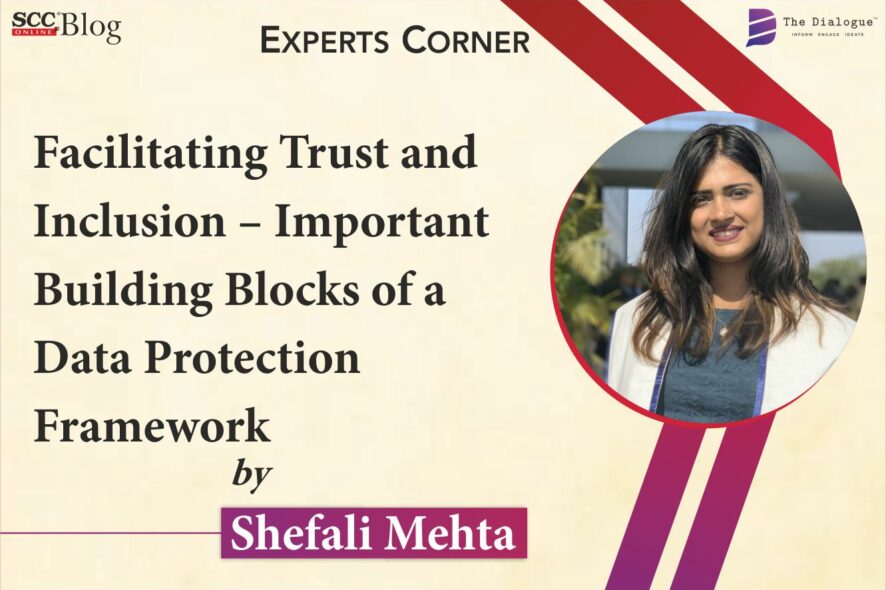Among the many epiphanies one has had owing to the COVID-19 Pandemic, the spike in the knowledge or awareness of the amount of data pertaining to citizens that a Government has the ability to handle has been a common one. Though citizens are often willing participants in efforts aimed at better governance, they are also increasingly becoming wary of how they share their data. For better citizen engagement and collaboration, the Government must strive to build trustworthy, transparent and accessible models that enable the citizen to place their trust – and thereby their data in the hands of the Government.
Considering the increasing penetration of digital services in India, the Personal Data Protection Bill, 2019 is a well-intentioned and timely intervention on the part of the Government. Pertaining to building the trust of citizens and enhancing their engagement with the Government this framework requires work in two areas. Firstly, in areas that deal with the Government’s ability and right to access data from citizens or businesses. Secondly, in promoting the accessibility of institutions within the framework to be accessible to all sections of the Indian society and overcome the vast digital divide present in our society. Though, the intention of the Government is to ensure better delivery of services and evidence based policy-making, an attempt to gain carte-blanche access to data from businesses would further promote an environment of mistrust between the Government and the industry. The wide exemptions provided to the Government and its agencies from this framework also add to a citizen’s skepticism and mistrust in the system. The Government being among the largest data fiduciaries in our society holds onto a treasure-trove of personal data of its citizens. In such a situation, citizens must be assured that whether it is the Government or a private entity that is handling their data, it is equally protected in the event of misuse.
Though trust in the Government is important, the framework will truly be able to exercise its functions and purpose based on the level of inclusion and involvement of the community. Considering India’s vast demographic profile, ensuring accessibility efficiently for all sections of society is going to be a challenge. The digital divide that presently exists in India, especially between rural and urban areas, owing to asymmetry in digital infrastructure and education will only amplify implementational challenges. India has already suffered from roadblocks in this regard while implementing the revamped GST framework and should use that as a cautionary tale while formulating the personal data protection framework.
Any proposed authority, institution or platform that is designed under this framework must strive to understand and cater to the cultural and regional sensitivities of the people. It is suggested that a more multilingual, less text-based approach is taken. One that is not overly dependent on literacy – both conventional and digital. The Committee of Experts, under the chairmanship of Justice Sri Krishna, had suggested the formulation of a “data protection awareness fund” that would utilise penalties generated under the framework for the purpose of generating awareness regarding data protection and rights. Unfortunately, this has been done away with in the new Bill introduced in December 2019. It is yet to be seen, however, if the latest draft which is expected to be tabled in the winter session of the Parliament will have this incorporated. It is imperative that the framework facilitates the enhancement of digital literacy and awareness in addition to ensuring last mile connectivity to truly achieve its objectives.
For Governments, winning the trust and confidence of the people is not an easy task. It is a long drawn process, however with the Personal Data Protection Bill, the Government has been given an opportunity to begin this process. They must work to ensure that the framework achieves its true objective by ensuring that the rights of every individual receive equal protection against the exploitation and misuse of their information by any entity.







